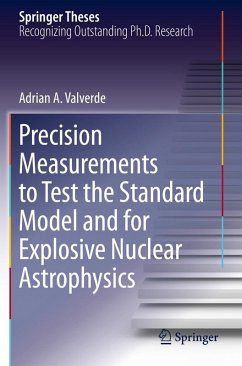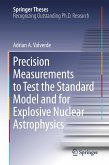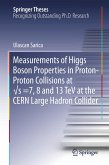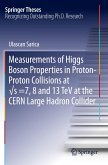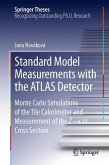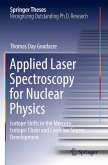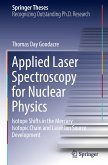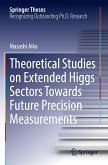This thesis presents two significant results in the field of precision measurements in low-energy nuclear physics. Firstly, it presents a precise half-life determination of 11C, leading to the most precise ft-value for a beta decay transition between mirror nuclides, an important advance in the testing of the electroweak sector of the Standard Model. Secondly, it describes a high-precision mass measurement of 56Cu, a critical nucleus for determining the path of the astrophysical rapid-proton capture process, performed by the author using the LEBIT Penning trap at the National Superconducting Cyclotron Laboratory. This new measurement resolves discrepancies in previously-reported calculated mass excesses. In addition, the thesis also presents the construction and testing of a radio-frequency quadrupole cooler and buncher that will be part of the future N = 126 factory at Argonne National Laboratory aimed at producing nuclei of interest for the astrophysical rapid-neutron capture process for the first time.
Bitte wählen Sie Ihr Anliegen aus.
Rechnungen
Retourenschein anfordern
Bestellstatus
Storno

